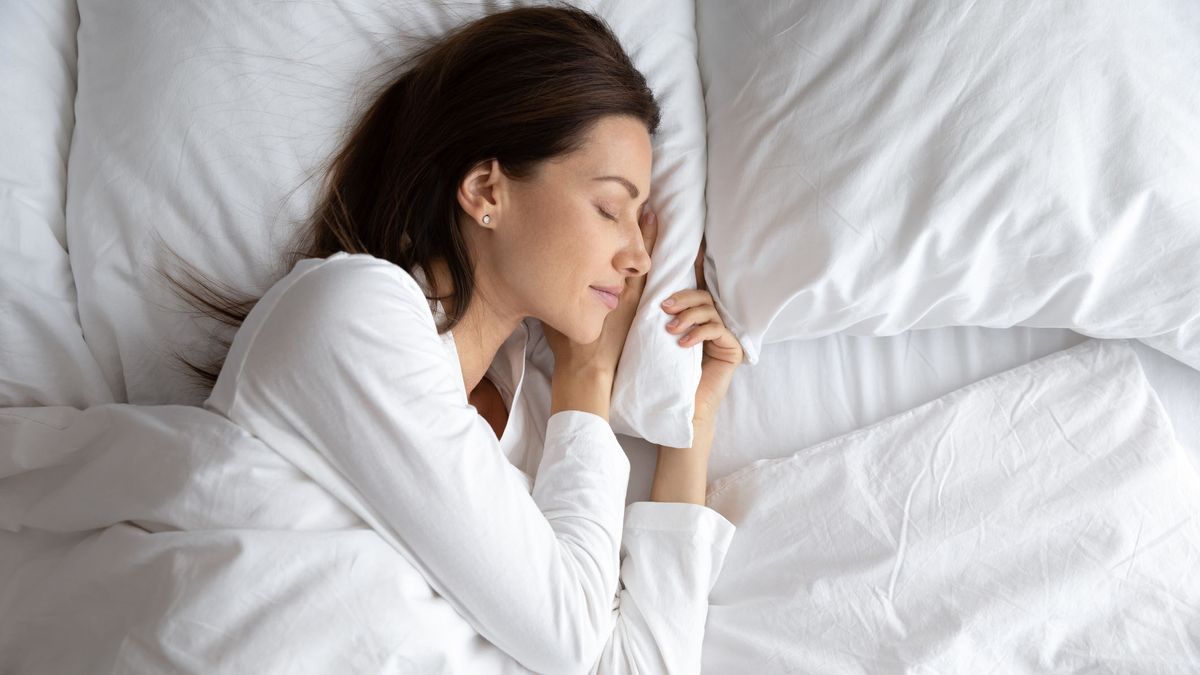Improving sleep quality is essential for overall health and well-being. Here’s a comprehensive guide combining insights from various sources, organized into several key strategies for enhancing sleep:
Establish a Consistent Sleep Schedule
Maintaining a regular sleep schedule is crucial. Go to bed and wake up at the same time every day, even on weekends, to reinforce your body’s natural circadian rhythm[1][2][4][9][13][15]. This consistency helps regulate your internal clock, improving the ease of falling asleep and waking up.
Create a Relaxing Bedtime Routine

Having a pre-sleep routine signals to your brain that it’s time to wind down. Activities like reading, taking a warm bath, or meditating can be beneficial[1][3][5][9][11][14][15]. Avoid activities that stimulate the brain, such as watching TV or using electronic devices, which emit blue light and can disrupt melatonin production[4][5][7][10][15][16].
Optimize Sleep Environment

Ensure your bedroom is conducive to sleep. Keep the room cool, quiet, and dark. Use blackout curtains or an eye mask to block light and consider a white noise machine to mask disruptive sounds[4][5][7][13]. Maintaining a comfortable mattress and pillow is also important. If your mattress is old or uncomfortable, consider using a mattress topper[5][7][16].
Diet and Nutrition

Eating habits can significantly impact sleep quality. Avoid heavy, spicy, or acidic foods before bed that can cause indigestion or heartburn[2][4][9]. Consuming foods rich in magnesium and tryptophan, such as bananas or warm milk, can promote relaxation and improve sleep[11][17]. Avoid caffeine and nicotine in the afternoon and evening, as both are stimulants that can interfere with sleep[2][9][10][12][16].
Limit Alcohol Consumption

While alcohol might help you fall asleep initially, it can disrupt the later stages of sleep, leading to poor quality rest[3][9][15]. Reducing or eliminating alcohol consumption close to bedtime can therefore improve sleep quality.
Regular Exercise
Engaging in regular aerobic exercise can enhance sleep quality, but it’s best to complete workouts several hours before bedtime to avoid the stimulating effects of endorphins[2][3][7][9][10][12][13][16].
Natural Sleep Aids and Supplements

Certain natural remedies and supplements can be beneficial:
-
Melatonin: Effective for regulating sleep-wake cycles, especially for individuals dealing with jet lag or shift work[6][10][12][14][17].
-
Magnesium: Known to help muscles relax and calm the mind, aiding in sleep[3][6][12][14][17].
-
Valerian Root: Often used for anxiety and sleep disorders; however, more research is needed to confirm its effects[6][10][12][14][17].
-
Lavender and Chamomile: Both can be used in various forms like teas, essential oils, or supplements to promote relaxation and improve sleep quality[6][10][12][17].
Behavioral Techniques
Behavioral modifications can significantly aid in managing sleep issues:
-
Cognitive Behavioral Therapy for Insomnia (CBT-i): Effective for chronic insomnia, with techniques to deal with negative thoughts and behaviors around sleep[1].
-
Journaling and Meditation: Writing down worries before bed can help clear the mind, and mindfulness meditation can reduce stress and increase relaxation[5][6][12][15][17].
-
Progressive Muscle Relaxation (PMR): This involves tensing and relaxing muscles sequentially to promote relaxation[17].
Avoiding Screen Time
Reducing exposure to screens emitting blue light at least one to two hours before bedtime helps with melatonin production and prepares the body for sleep[5][6][7][9][15][16]. Reading a paper book can be a good alternative[13][16].
Professional Consultation
If sleep issues persist despite trying these strategies, consulting with a healthcare provider or sleep specialist is recommended to rule out underlying conditions and receive personalized treatment[6][10][12][14][17].
By incorporating these varied strategies, you can significantly enhance the quality of your sleep, leading to better overall health and daily functioning.
Get more accurate answers with Super Pandi, upload files, personalized discovery feed, save searches and contribute to the PandiPedia.
Let's look at alternatives:
- Modify the query.
- Start a new thread.
- Remove sources (if manually added).